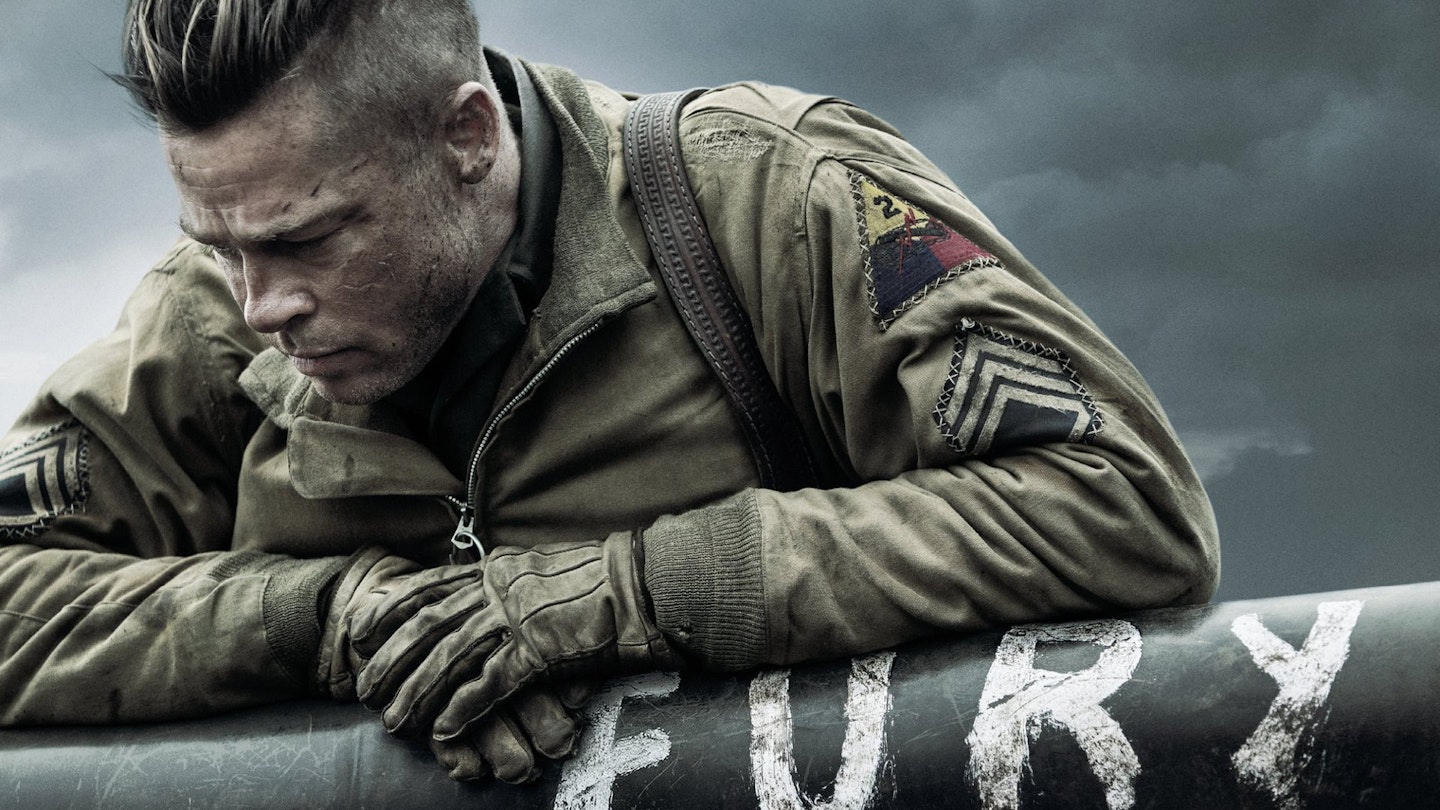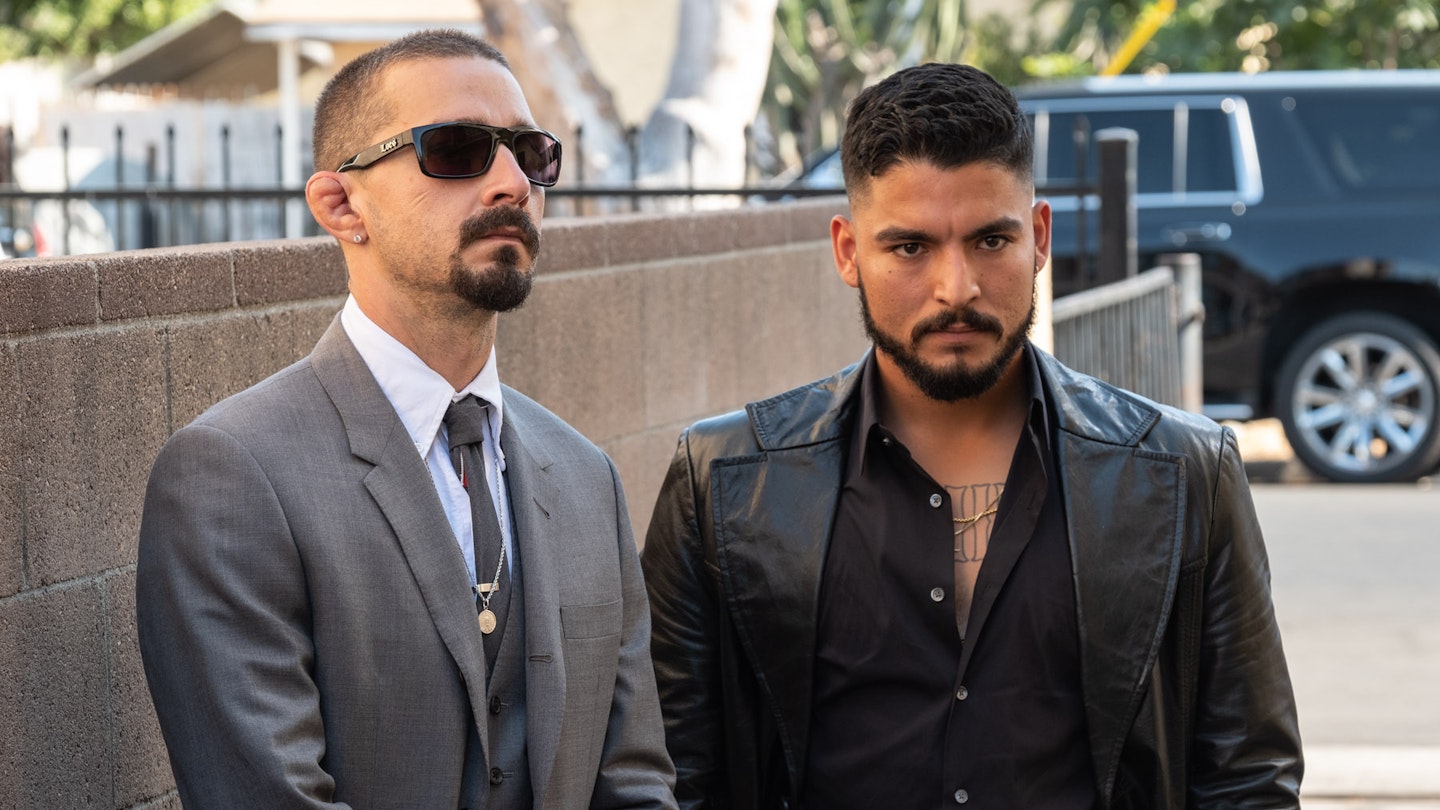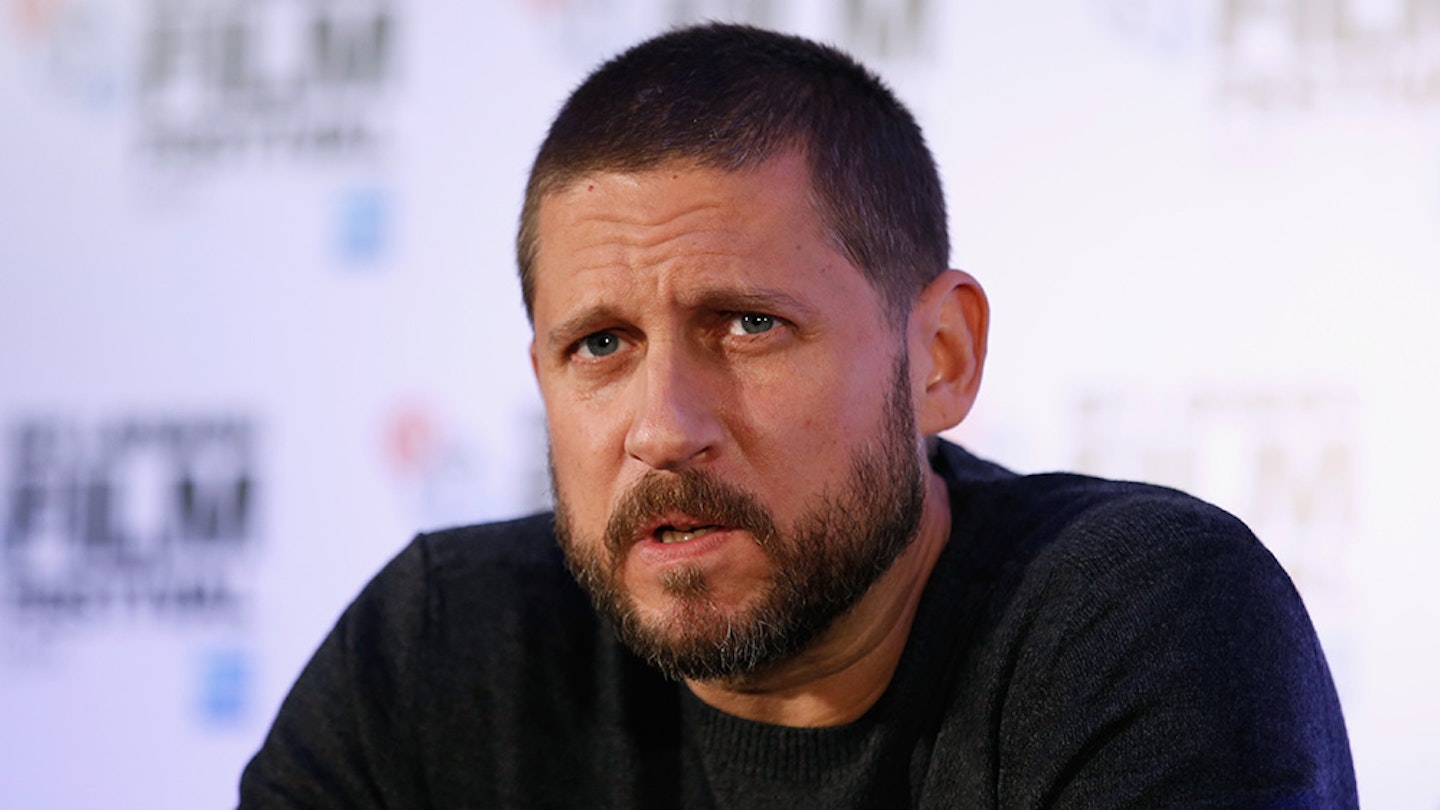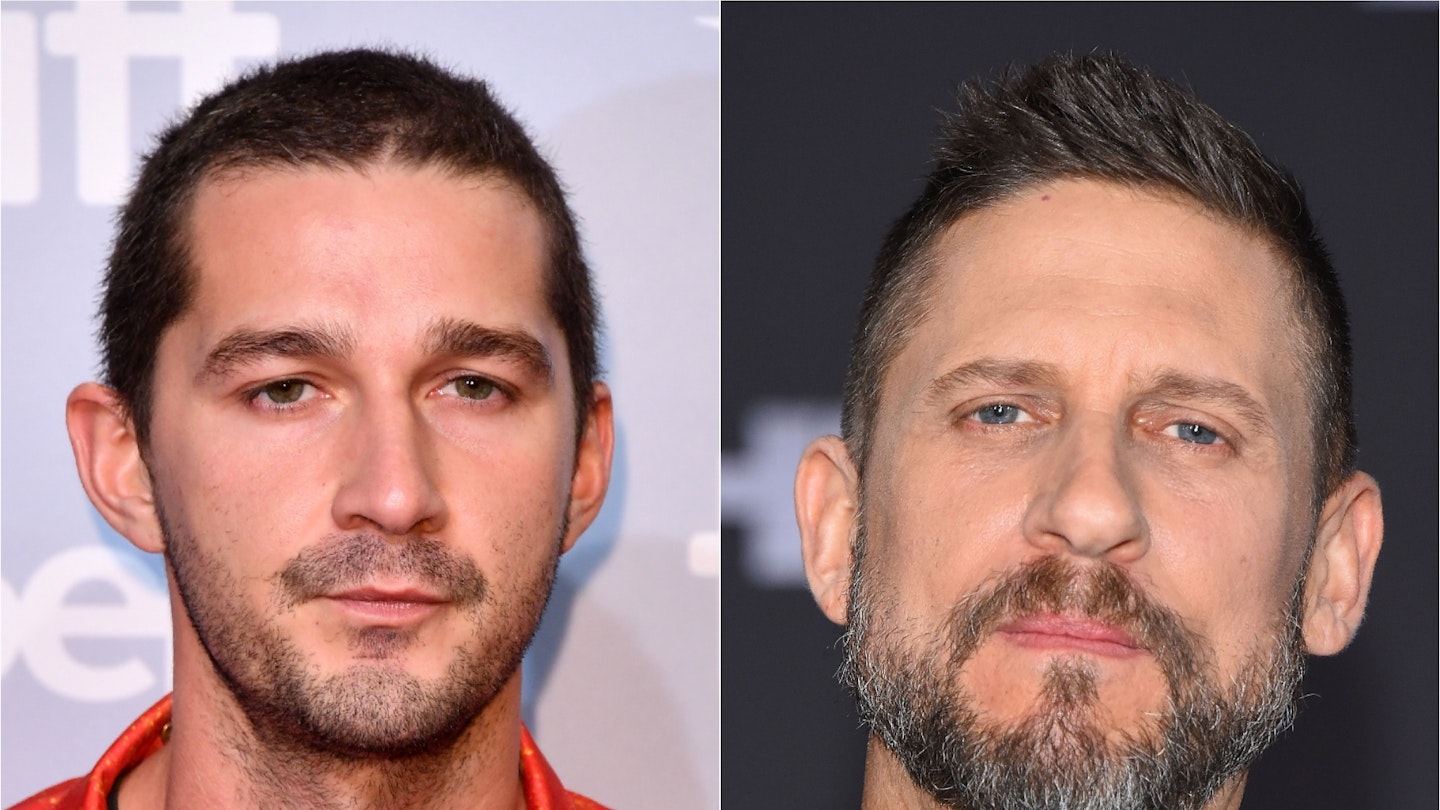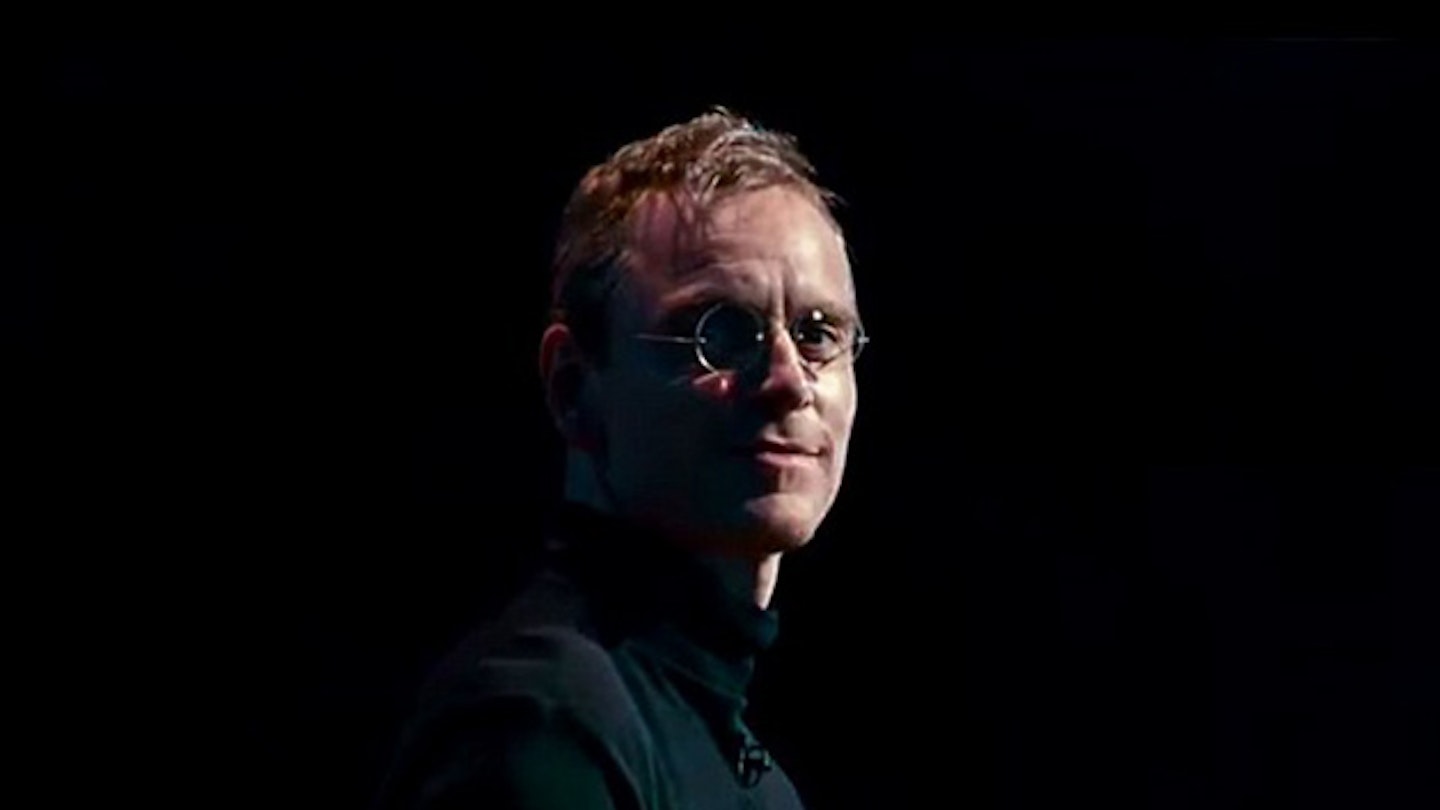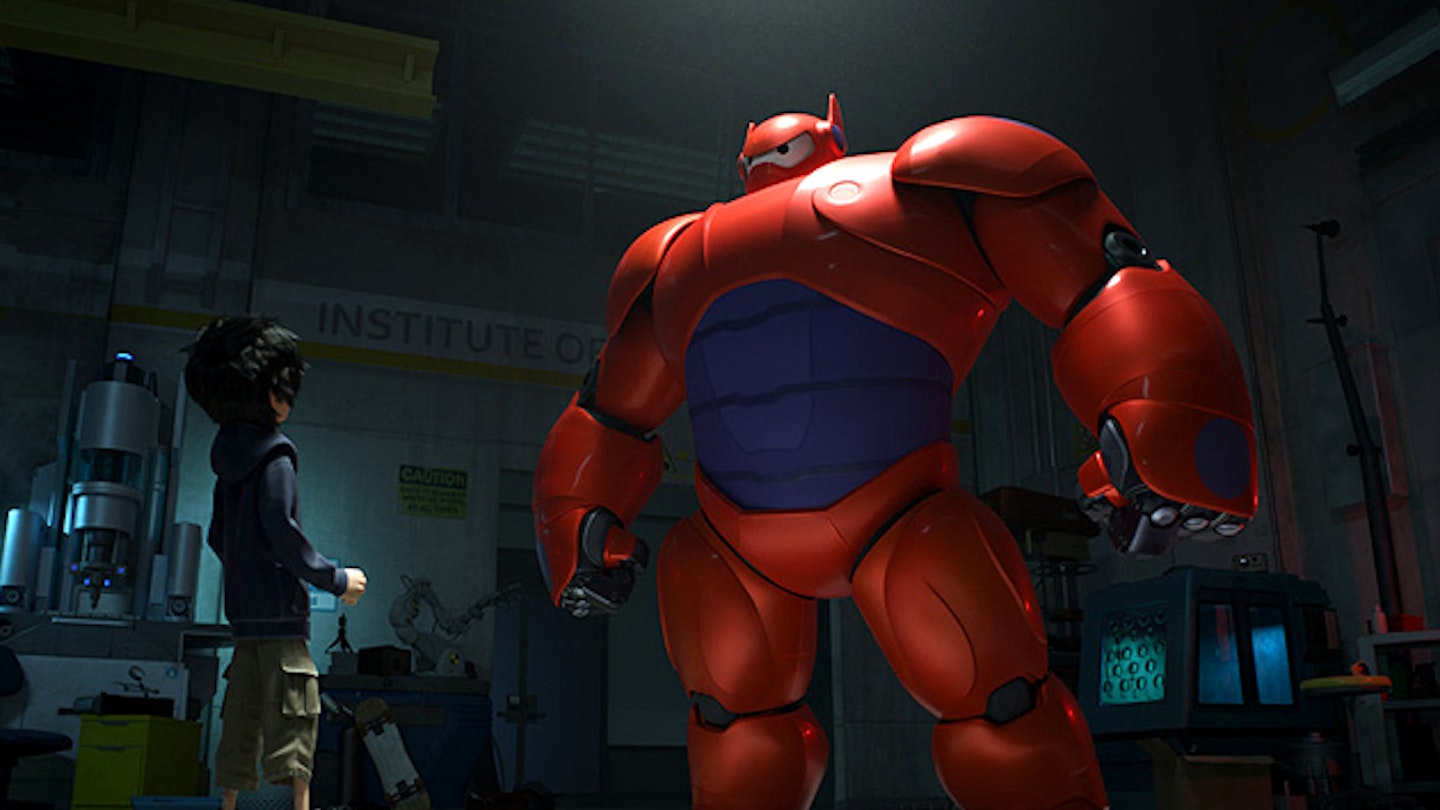There was no going back after Saving Private Ryan. When Steven Spielberg stripped the varnish from Hollywood war-movie showmanship to confront the bullet-sliced realism of D-Day, he changed everything. Post-Ryan, every World War II story is required to spew up visions of hell on Earth from the theatre of war as disturbing and morally soupy as ’Nam. As Brad Pitt’s Yoda-in-fatigues will expound to blubbing new boy Logan Lerman: “History is violent.” Kelly’s Heroes is unthinkable.
David Ayer’s tank-epic, set as the war begrudgingly enters its endgame in 1945, is determined to scrape away even Ryan’s vestiges of nobility to expose the mix of dehumanising carnage and tight-knit brotherhood that were the lot of a tank crew crawling through the blasted heath of Germany. Taking the imprint of Ryan’s squabbling unit and applying a Das Boot claustrophobia to the clanking, filthy belly of the beast — imagine cramming five unwashed GIs into a rusty diving bell — Ayer nods to the full spectrum of combat-vérité from Cross Of Iron to Come And See to Apocalypse Now.
To his credit, Fury is an ambitious attempt to capture the bloody reality of the American advance on Berlin. The crew of Fury, the nickname daubed on the cannon, are not sent on pivotal missions but simply drag its metal hulk from skirmish to skirmish, clearing a path for the infantry. Ayer’s juddering, grinding warfare is closer to the weary attrition of Iraq than the glossy panoramas of the Battle Of The Bulge.
Hence the look is grim. A convincing, cloud-dulled scorched earth of shattered farmhouses and isolated towns no more than heaps of corpse-strewn rubble. Ayer throws in some striking visions: carpet-bombers seen from far below look like a swarm of insects; a German officer on a white horse emerges, mirage-like, out of the mist; authentic tracers fire like lasers from some phoney sci-fi shoot-out.
Sadly, it ploughs up old turf in other ways too. The crew are a less memorable redux of the battle-burned toughs in Tom Hanks’ squad: Shia LaBeouf is the Barry Pepperish, Bible-toting moralist; Jon Bernthal is a jumpy guttersnipe Adam Goldberg-type, and Michael Peña is the petulant, tokenistic Mexican machine gunner — a bit Ed Burns, a bit Giovanni Ribisi.
They all murmur memories of atrocity and enact garrulous bonding rituals, but feel contrived. Are they that much better than their German foes, Ayers attempts to assess? SS officers are executed in cold blood; bodies, friend and foe, pulped beneath the tracks. This is what it takes, Wardaddy repeatedly tells Lerman’s pale-faced Jeremy Davies-alike, Norman. And we stop believing him.
Wardaddy proves to be an unregulated flux of intelligence and psychopathology, pumpsed full of Pitt’s super-charged charisma. But he is no more real than Aldo Raine or, for that matter, Tyler Durden.
At times, you mistake the film for Training Day (which Ayer wrote) relocated to a Western Front enlisting German children to fight Hitler’s Total War, with Pitt spouting survivalist aphorisms from the turret of his prowling tank. There is not even that much tank battling to get excited about. While we get a visceral taste of spending a war shoved up against a comrade’s arse, there is only one truly thrilling sequence of metal-on-metal duelling as three Shermans and a German Tiger enact a death dance like super-sized Daleks. It is only here that Ayer manages fast as well as furious.
